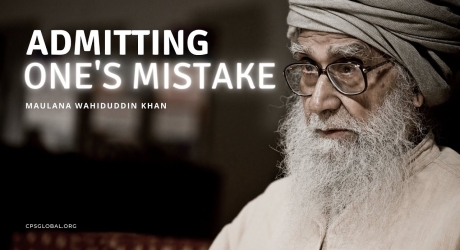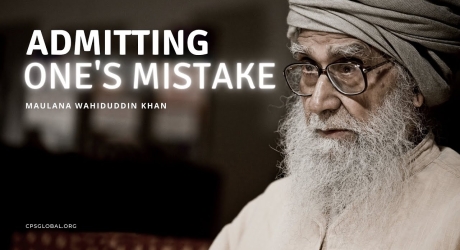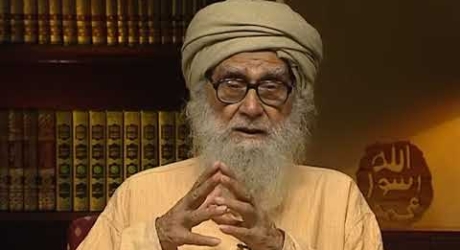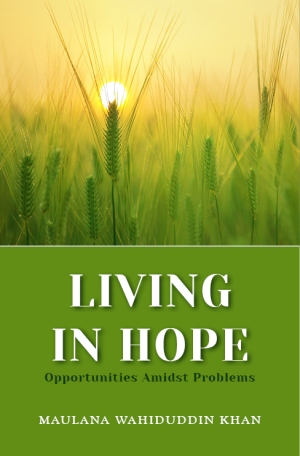It is in human nature to commit mistakes, but the real evil is not to admit your mistake. It is not that a true believer does not make mistakes. Instead, when he realises committing a mistake, he immediately says, ‘I was wrong.’ Confessing one’s mistake is like taking a spiritual bath that purifies you. It can come about only through constant and sincere introspection.
There is a difference between feeling guilty and feeling low and hopeless in the name of guilt. When you feel guilty in the true sense, it gives you positive energy to correct your mistakes and an opportunity to move forward with renewed hope.
A mature person can say, “I was wrong.” Moreover, when he is proved right, he does not have to say, “I told you so.” Maturity means dependability, integrity, and keeping one’s word. Maturity is the ability to live in peace with things we cannot change.
If you make a mistake that arouses anger in another, you repent and say: “Please forgive me, I was wrong”, which will undoubtedly cause the aggrieved person to have a change of heart. Such an apology will, on the one hand, inculcate positivity in your soul, and on the other, it will promote the culture of love among the people you are living with.
Featured Articles
Featured Videos
FAQs
People are hesitant to say, 'I was wrong', because they believe it's an admission of their mistake before another person; they are not ready to do that. But it's not just a question of admitting your mistake; it is also a question of accepting the reality. Accepting reality leads to intellectual growth; it raises your intellectual level. When you say, 'I was wrong,' you are helping your own intellectual progress.
Speaking Tree | TOI | May 8, 2011









